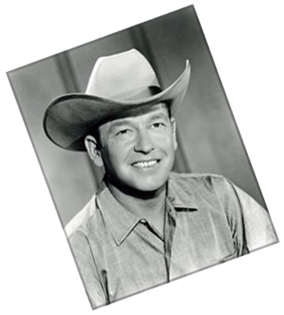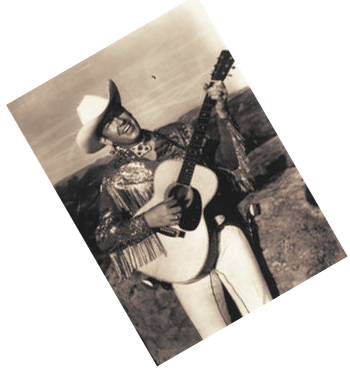



WILLCOX Cowboy Hall of Fame inductees
HENRY CLAY HOOKER (18)
1828-1952
1990 COWBOY HALL OF FAME POSTHUMOUS AWARD
Henry Clay Hooker, a New Englander of prominent family, was born January 10, 1828 in Hillsdale, New Hampshire on a farm which had belonged to his great-grandfather. He set out on his own at an early age and worked in a Kansas City store before moving to Hangtown, California in 1858 where he opened a hardware store. He lost his home and hardware store in a fire in Hangtown, now Placerville, in 1866. With only a few hundred dollars left he bought five hundred turkeys at $1.50 each and drove them all the way to Carson City, Nevada to a gold mining camp. With food in short supply, he sold the turkeys easily for $5.00 each, thus recouping some of his losses.
Shortly thereafter, Mr. Hooker arrived in the southeastern section of Arizona Territory with his wife Emma, and family. There he became a partner of Captain Hugh Hinds, who held a government contract for supplying beef to military posts and Indian agencies. Hooker traveled to each Indian Agency to determine ahead of time how much beef each location would need. When the contract expired, the "Colonel" (an honorary title only) joined pioneer cattlemen William B. Hooper and James M. Barney in a similar venture.
During a cattle drive in 1872 between Mt. Graham and the Galiuro Range northwest of Willcox, the cattle stampeded. Early the next morning they were found grazing in a beautiful low rich marsh (cienega). Mr. Hooker decided that this was the ideal spot for a permanent cattle ranch. There were two permanent springs in the vicinity, which he purchased from the government along with adjoining lands.
Originally, the spread was thirty miles long and twenty-seven miles wide, grazing about ten thousand head of cattle. The ranch house was a fortress-like structure with thick adobe walls and gun ports in the parapets. A single door faced in the direction of Fort Grant. A well was located in the center of the courtyard assuring a water supply in the event of an Indian attack.
During his cattle drives, Mr. Hooker maintained extreme vigilance and was shrewd in dealing with Indian raiders. Although he frequently lost part of the drive, he gained the respect of the Apaches who nicknamed him "Captu".
By 1884 Mr. Hooker owned other ranches adjacent to Sierra Bonita, all devoted to cattle and horses and a variety of agricultural endeavors. Fabulous prices were paid for blooded stock. More than one thousand acres were planted in alfalfa and timothy. Acres of corn and artichokes provided feed for a large herd of well-bred hogs.
Meanwhile, the original ranch house was being enlarged and improved until it became a social center for that part of Arizona. Government officials, scientists, authors, artists and military figures enjoyed the hospitality of Sierra Bonita. None, however, sat down at Colonel Hooker's table without first donning a coat. Hooker always dressed as a New England gentleman and refused to wear cowboy clothes at any time.
The ranch was the setting for Augustus Thomas' play "Arizona" and the drama's characters, rancher Canby and the heroine Bonita, were derived from the Colonel's family. Son Edwin R. Hooker married Forrestine Cooper, daughter of General Charles L. Cooper, at Fort Grant in 1885, uniting the ranching family with the true military family.
Six generations of the Hooker family have lived at Sierra Bonita making it the oldest ranch in the state continuously occupied and operated by one family. After Colonel Hooker's death on December 7, 1907, his son Edwin R. took over the management. Later, the reins were turned over to Harry E. Hooker, who reinstated the farming operation and built a feed mill. After Harry's death in 1952, son-in-law William A. Hughes with Jacqueline H. (Rinki), moved in to manage for Mrs. Harry Hooker.
The ranch is currently operated by Jacqueline Hooker Hughes. Her son, Charles Hooker Davis and grandson, Jesse Hooker Davis, represent the fifth and sixth generations of Hookers to carry on a proud family tradition.
Henry Hooker died in 1952.





